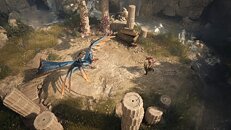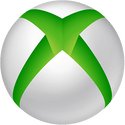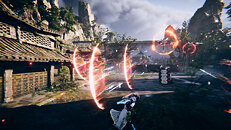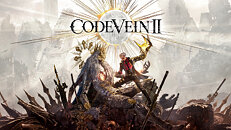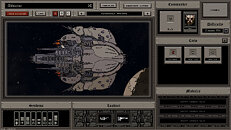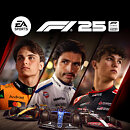Bungie New Destiny 2: The Edge of Fate Cinematic Trailer Launches with Developer Livestream
Today, Bungie debuted a new cinematic trailer during a Destiny 2 developer livestream for The Edge of Fate, launching on July 15. In The Edge of Fate, players will join new and familiar faces to investigate the mysteries of the new destination Kepler, and uncover a looming threat that predates everything Guardians thought they knew about Sol.
During the livestream, the Destiny 2 team showcased the new World Tiers system with a gameplay presentation on Kepler, highlighting destination-specific abilities, combat encounters, new combatants, and more. They also showcased The Portal, a new and streamlined access point for players in Destiny 2 that makes it easier than ever to jump into desired activities, earn rewards, get bonus drops, and obtain earnable armor sets.
During the livestream, the Destiny 2 team showcased the new World Tiers system with a gameplay presentation on Kepler, highlighting destination-specific abilities, combat encounters, new combatants, and more. They also showcased The Portal, a new and streamlined access point for players in Destiny 2 that makes it easier than ever to jump into desired activities, earn rewards, get bonus drops, and obtain earnable armor sets.




